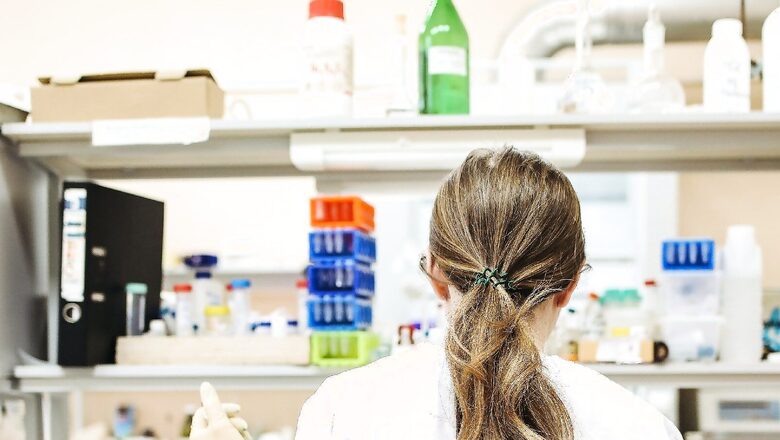
views
Faculty members and students of the Indian Institute of Technology (IIT) Bombay have won a $250,000 grant for creating a tri-modular technology for large scale carbon dioxide removal from source points of emission and changing them into salts. The grant has been awarded to a team of students by the XPRIZE Foundation, a part of the Elon Musk Foundation at the COP26 summit in Glasgow. The student team is also known as ‘SASIITB’. It comprises Srinath Iyer, Anwesha Banerjee, Srishti Bhamare and Shubham Kumar.
According to an official release of XPRIZE Foundation, the students’ team of IIT Bombay is among the 23 student-led teams that have won the $5M ‘Carbon Removal Student Competition’. The foundation said that awards of $250,000 each have been given to various teams competing for getting funds for their early stage concepts of carbon removal.
Read | Elon Musk Says Planning to Open ‘Texas Institute of Technology & Science’
The foundation has said that the winning teams can utilise this grant for competing in upcoming rounds of the XPRIZE Carbon Removal competition. The winning team can also use the grant to develop key supporting technologies for carbon dioxide removal.
SASIITB, which represented India in the competition, won the grant for creating a tri-modular technology for removing carbon dioxide on a large scale. Iyer, one of the members of SASIITB, explained that carbon dioxide emissions from Biomass-based power plants and other industries can be captured using different solutes or solvents.
In Photos | Meet 5 Child Prodigies Who Made India Proud
“And the carbon dioxide-rich solvent could then be reacted with alkaline waste to generate permanently sequenced mineral carbonates simultaneously also regenerating the solvent in an integrated CO2 absorption mineralisation cum regeneration of solvent which is IAMR (integrated CO2 absorption-mineralisation and regeneration of absorbent) process,” Iyer was quoted as saying by Business Today.
According to Iyer, the mineral carbonates generated after the IAMR process could be utilised as alternative materials. It will also help in avoiding indirect carbon dioxide emissions, he said. Across the world, the management of carbon dioxide waste generated from several industries is still a huge problem.
XPRIZE Foundation announced the grants to winning teams on November 11 at the Sustainable Innovation Forum at COP-26 in Glasgow.
Read all the Latest Education News here

















Comments
0 comment